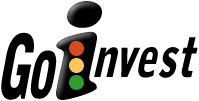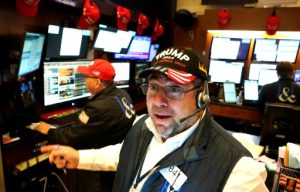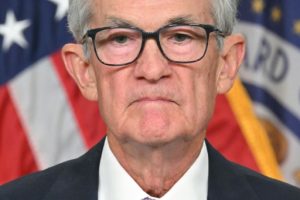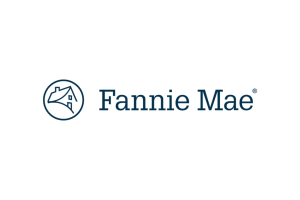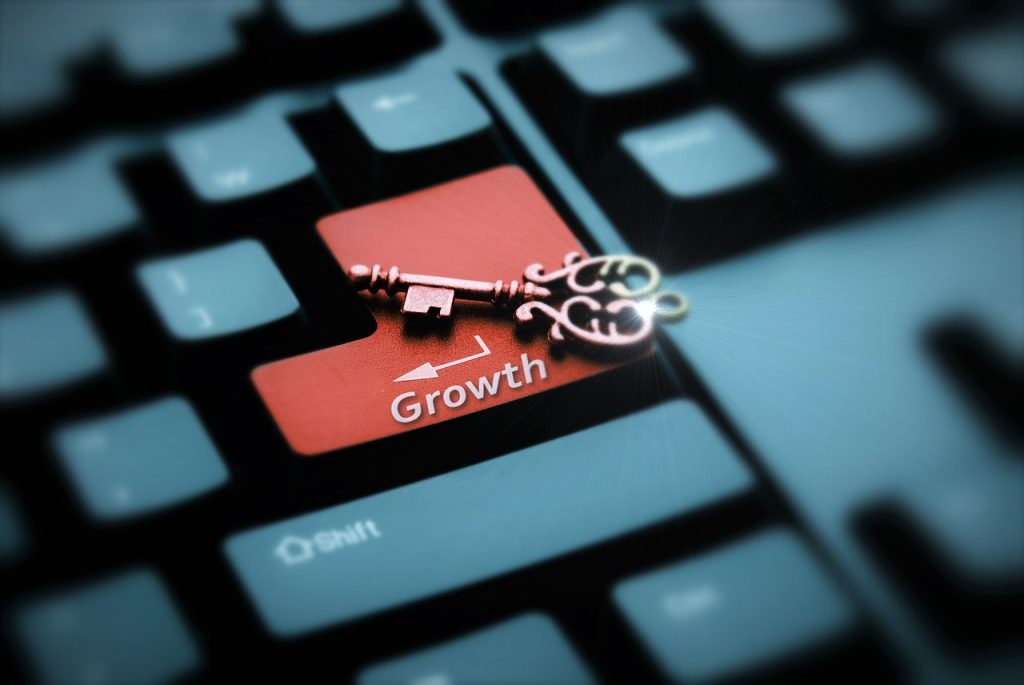
Costco Wholesale (COST) shares inched up in early Thursday trading after reaching a new record high earlier in the session, as investors prepared for the bulk retailer’s second-quarter earnings report after the market close.
Costco has been a standout performer in the market over the past six months, gaining over $100 billion in value since the lows of October last year. This growth has been driven by strong consumer spending on non-essential items and increasing membership fees.
Rising inflation and recent increases in gasoline prices have further boosted Costco’s appeal, with data from Placer.ai showing a 2.1% increase in store traffic in January compared to the previous year, and a 4.8% increase in overall visits for the quarter.
Costco reported that total sales for January, the final month of its fiscal second quarter, increased by 4.5% from a year earlier to $22.08 billion, with digital sales surging by over 20%. Transaction sizes also saw a slight increase of 0.1% from a year earlier.
Analysts anticipate that the group’s total sales for the quarter reached approximately $59.16 billion, marking a 7% improvement from a year ago, with earnings expected to rise just under 10% to $3.62 per share.
While earnings are in focus, the highlight of the report is expected to be Costco’s membership fees. Earlier this week, Oppenheimer analyst Rupesh Parikh raised his price target on Costco by $45 to $805 per share, citing strong fundamentals. Similarly, Telsey Advisory analyst Joseph Feldman increased his price target by $35 to $750 per share.
However, the main focus of the release may be on two key decisions from Costco, one of which has kept members and investors guessing for several years.
Membership fees from the group’s 130 million Costco Club cardholders are a crucial profit driver, generating approximately $1.08 billion in revenue over the three months ended in October.
This represents only a small portion of the group’s $57.8 billion first-quarter revenue, but the profit margin from these sales is significantly wider than its overall gross margin of around 11%.
Currently, the cost to shop at Costco is $60 a year for a standard membership and $120 for a membership with cash back. This pricing has remained unchanged since 2017, but some analysts suggest that it could soon increase.
Richard Galanti, who has served as Costco’s chief financial officer since 1993, will be leaving the group on March 15, paving the way for former Kroger CFO Gary Millerchip.
As mid-cost competitors like Target introduce a paid membership option in the coming months, and lower-cost giant Walmart notes increased spending from its membership base, Costco may be considering raising its fees as well.
Slowing inflation could also enable Costco to justify an increase, as the company has previously expressed reluctance to raise fees for customers already struggling with inflation. “At the end of the day, with the headline being inflation, we feel very good about if we want [to raise membership fees], can we do it without impacting, in any meaningful way, renewal rates or signups or anything,” Galanti told investors last spring.
“But we feel that it’s important for us to lead by example and maintain our commitment to our members,” he emphasized, regarding the decision to keep membership fees unchanged.
D.A. Davidson analyst Michael Baker, who has a neutral rating and a $600 price target on Costco stock, is among those who anticipate a fee increase in the future.
“Membership trends remain robust, including strong renewals, new member signups, and a shift toward higher-tier members,” he noted in a recent client note. “This all positions Costco favorably for implementing an increase.”
Baker also suggested that Costco might announce a new special dividend, considering the company held approximately $6.7 billion in cash on its balance sheet at the end of the first quarter.
In pre-market trading, Costco shares were up 0.87%, indicating an opening bell price of $780.22 each, which would extend the stock’s six-month gain to about 42%.
